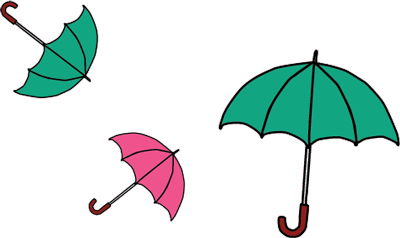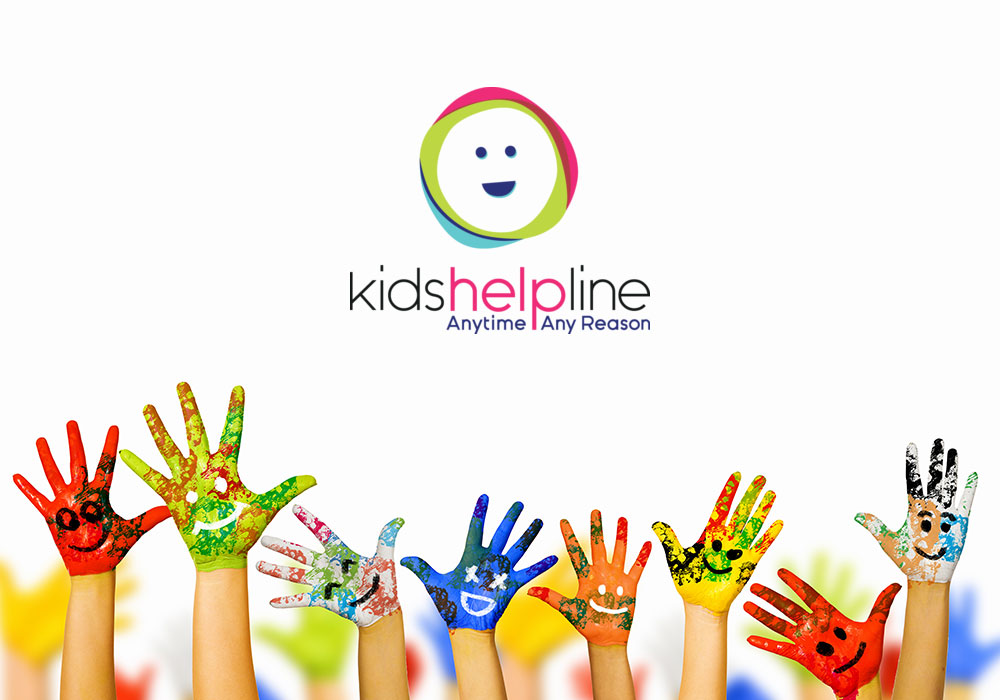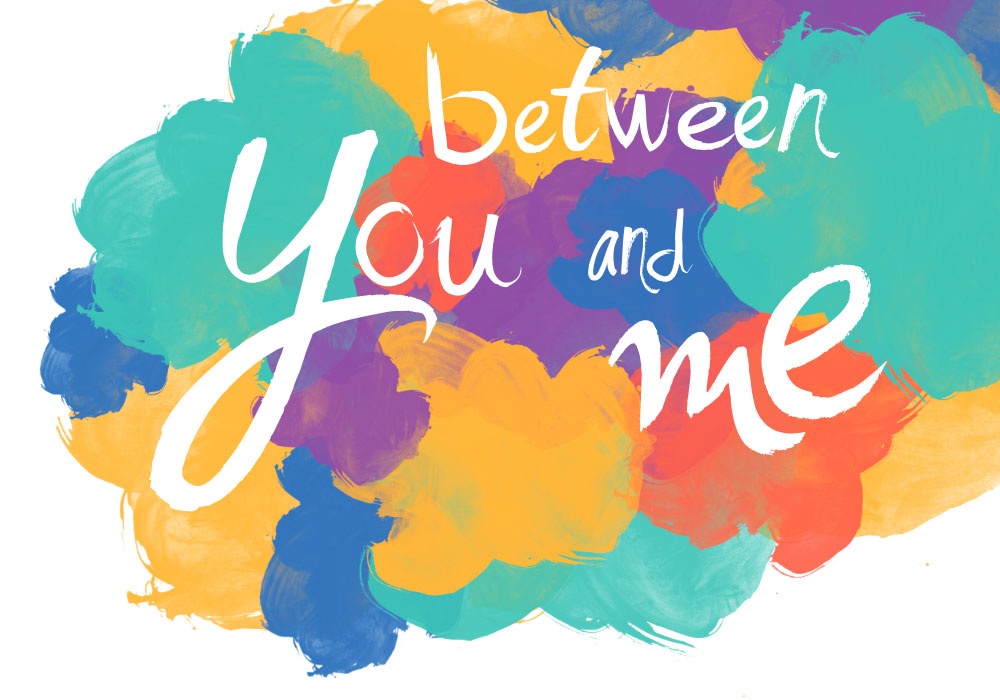Statewide Mental Illness Learning Exchange
Mental health and children

In this section we have a strong focus on the mental health of the under 18 age group. Worldwide 10-20% of children and adolescents experience mental disorders. Half of all mental illnesses begin by the age of 14 and three-quarters by mid-20s. Read more. For young people aged 15 to 25 who reside in the western and north-western regions of metropolitan Melbourne, visit our Orygen section.
What is child mental health? Expand video
Mental health is the most common health issue facing young people worldwide, learn more.
Australian Government Report on the second Australian Child and Adolescent Survey of Mental Health and Wellbeing. August 2015
Australian Institute of health and Welfare (AIHW) Key findings Web report, last updated April 2020
Department of Health Report on the second Australian Child and Adolescent Survey of Mental Health and Wellbeing.
Australian institute family health Infant and child mental health
Young Minds Matter: Prevalence of mental disorders in Australian children and adolescents
Kids Helpline
Anytime. Any Reason.
No problem is too big or too small for the Kids Helpline. They are there 24 hours a day, 7 days a week.
- Phone: 1800 55 1800
- Email: The inbox is checked from 8am – 10pm daily, learn more
- WebChat: 24/7 internet counselling
More than just a call line other resources …Kids Helpline’s My Circle is a safe, free and private online peer support group for 13-25 year-olds. The niggle App Track your wellbeing and get personalised information, videos, podcasts, quizzes and tips to help you tame your niggles.
Between you and me
A book for children who have a parent with mental illness.
This book is for children and their parents who have a mental illness. We hope you will learn a bit more about mental illness from reading the stories and doing the activities.
It is important you know:
- You cannot catch a mental illness like a cold
- It is no ones fault when someone becomes sick
- Talking and listening to each other can help
- Smiles and hugs help too
With special thanks to
Many people have contributed to the development of this project through research, focus groups, advice, information and ideas. We would like to acknowledge and thank all who have contributed and supported us in our endeavor.
Newsletters
Stay in the loop with our monthly newsletters!
If you are having thoughts of suicide, or severe self-harm please follow your crisis plan. If you do not have a crisis plan please call your treating clinician, therapist, general practitioner, one of the numbers listed below or go to the Emergency Department of the nearest hospital. In a life-threatening emergency ring 000.
Phone numbers and other supports that can be contacted in a crisis:
Life Line: 13 11 14 | www.lifeline.org.au
Sane Helpline: 1800 187 263 | www.sane.org
If you are having thoughts of suicide, or severe self-harm please follow your crisis plan. If you do not have a crisis plan please call your treating clinician, therapist, general practitioner, one of the numbers listed below or go to the Emergency Department of the nearest hospital. In a life-threatening emergency ring 000. Phone numbers and other supports that can be contacted in a crisis: Life Line: 13 11 14 | www.lifeline.org.au Sane Helpline: 1800 187 263 | www.sane.org

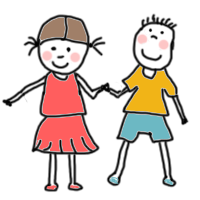

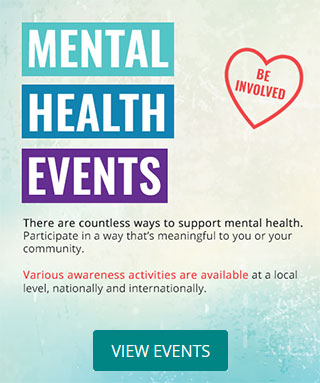
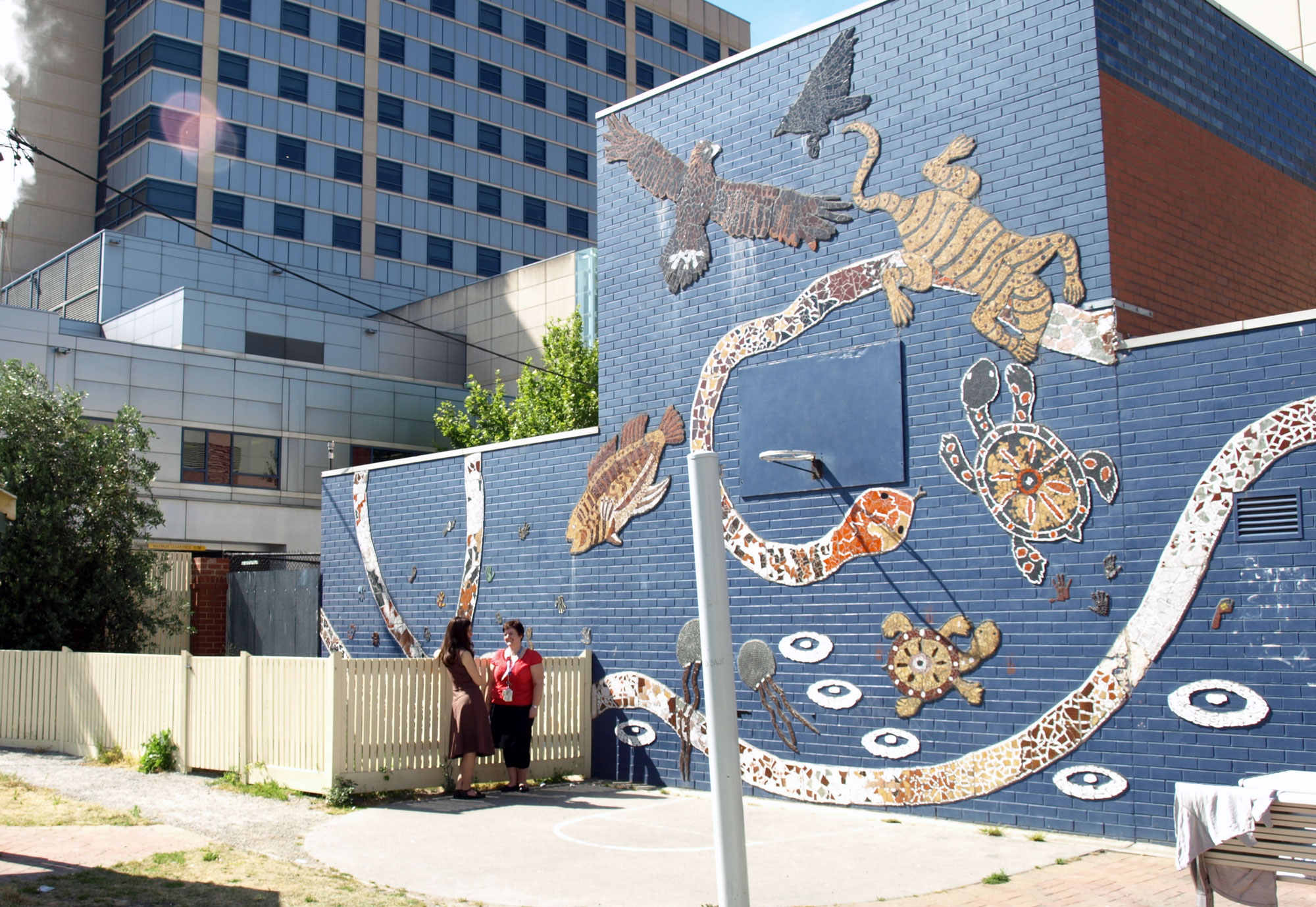
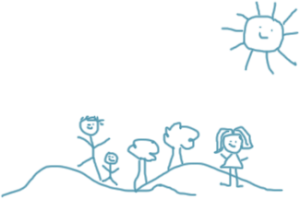
 The 2014 Act came into effect in July 2014. It introduced new principles to support people experiencing mental illness to make and participate in treatment decision (shared decision making) and to have their views and preferences considered and respected.
The 2014 Act came into effect in July 2014. It introduced new principles to support people experiencing mental illness to make and participate in treatment decision (shared decision making) and to have their views and preferences considered and respected.